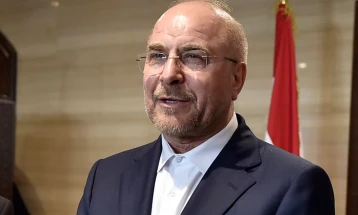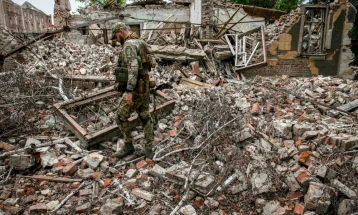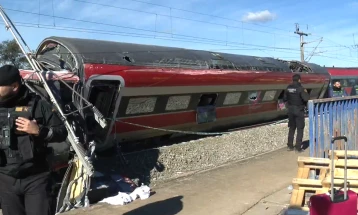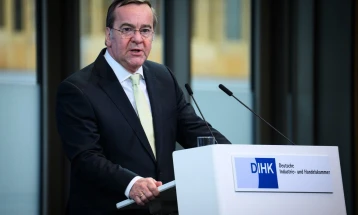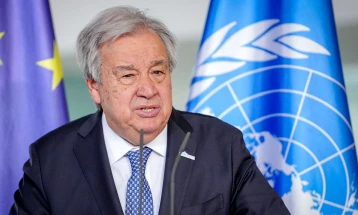Austria moves towards lockdown for the unvaccinated

Vienna, 11 November 2021 (dpa/MIA) - The Austrian government has signalled that it is moving towards the introduction of a lockdown for unvaccinated people.
"It is already clear that this winter and Christmas will be uncomfortable for the unvaccinated," Chancellor Alexander Schallenberg said in Bregenz on Thursday.
Given the momentum of the fourth wave of coronavirus infections, it may only be a matter of days before the unvaccinated have to live with strict curfews, Schallenberg added.
He called the vaccination rate of around 65 per cent "shamefully low" and again urged Austrians to get a jab immediately.
Thomas Stelzer, the premier of the state of Upper Austria, said his region would become the first to implement such a lockdown on Monday.
"The situation is dramatic, so we are bringing forward the fifth stage of the federal government's step-by-step plan and are planning a lockdown for the unvaccinated from Monday, provided there is a legal green light from the federal government," he said.
The number of new coronavirus infections in Austria has risen again to a record high, with 11,975 cases recorded within 24 hours, according to the authorities.
The seven-day incidence per 100,000 inhabitants climbed to 751, three times the figure in neighbouring Germany. The situation in clinics and hospitals has worsened, with doctors and nurses calling for stricter measures.
The opposition Social Democrats demanded that booster jabs be administered immediately, after only four months, in order to break the wave of infection. The government's crisis management was "a disaster," said party leader Pamela Rendi-Wagner.
A previous attempt by Health Minister Wolfgang Mueckstein to enforce a regional lockdown for the unvaccinated, at least in the worst affected provinces of Upper Austria and Salzburg, failed due to the resistance of provincial leaders there.
Salzburg's premier Wilfried Haslauer said that if virologists got their way, people would be locked up in a room. "Then they would just die of depression or starve or die of thirst."
The federal government, the regional authorities and experts will discuss possible new measures at a meeting on Friday.

